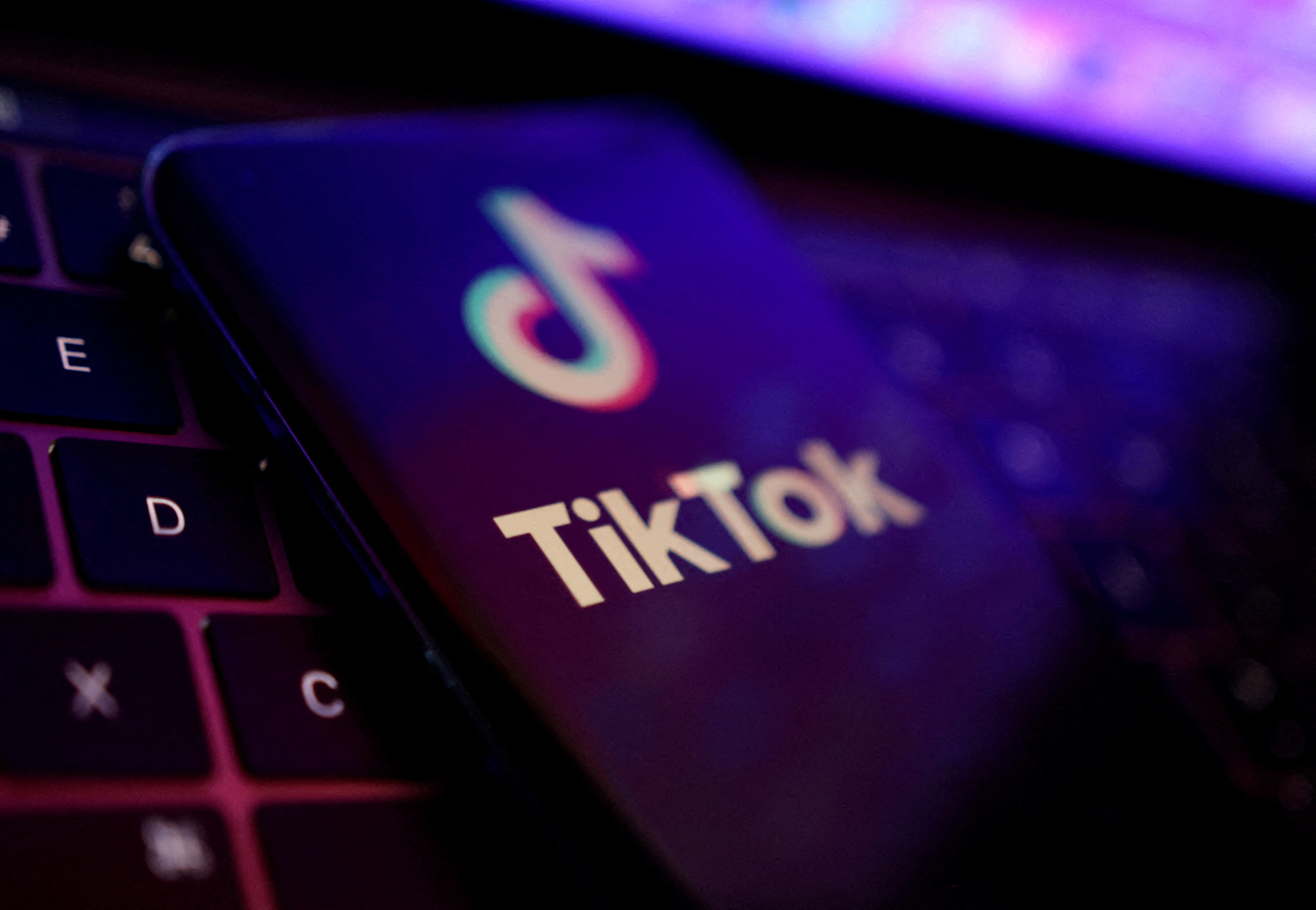
Supreme Court's TikTok Ban Ruling: Unraveling the Knot of National Security and Social Media Regulation
Introduction
The recent ruling by the Supreme Court on the Trump administration's TikTok ban has sparked a heated debate around national security concerns, the scope of government power, and the future of social media regulation. This article delves into the complexities of this ruling, examining its implications for national security, social media regulation, and the broader landscape of digital technology.
National Security Concerns
At the heart of the TikTok ban is the U.S. government's belief that the app poses a national security threat due to its potential to collect sensitive data and share it with the Chinese government. The ban was initially implemented under former President Trump, who argued that TikTok's owner, ByteDance, had close ties with the Chinese Communist Party (CCP).
The Biden administration has echoed these concerns, stating that TikTok could be used for "foreign influence operations" or "malicious cyber activities." However, critics argue that these allegations are unsubstantiated and that the ban is driven more by political considerations than national security imperatives.
Social Media Regulation
The TikTok ban also raises questions about the government's role in regulating social media platforms. The Supreme Court's ruling has effectively granted the government broad authority to restrict or ban social media apps based on national security concerns.
This ruling has sparked concerns among free speech advocates, who argue that it could lead to the suppression of legitimate speech and limit the ability of social media platforms to operate freely. Moreover, it raises questions about whether the government should have the power to censor online content based on subjective definitions of "national security."
Different Perspectives
Real-Life Examples
Conclusion
The Supreme Court's TikTok ban ruling is a complex and multifaceted issue that has far-reaching implications for national security, social media regulation, and the broader digital landscape. While the government has legitimate concerns about national security, the ban raises questions about the scope of government power and the protection of free speech.
It is crucial for policymakers, legal experts, and the public to engage in a thoughtful and nuanced debate about the balance between national security and individual liberties in the digital age. As technology continues to evolve, it is imperative to develop a clear and consistent framework for regulating social media platforms that both protects our national interests and upholds our fundamental rights.
Comments
Post a Comment